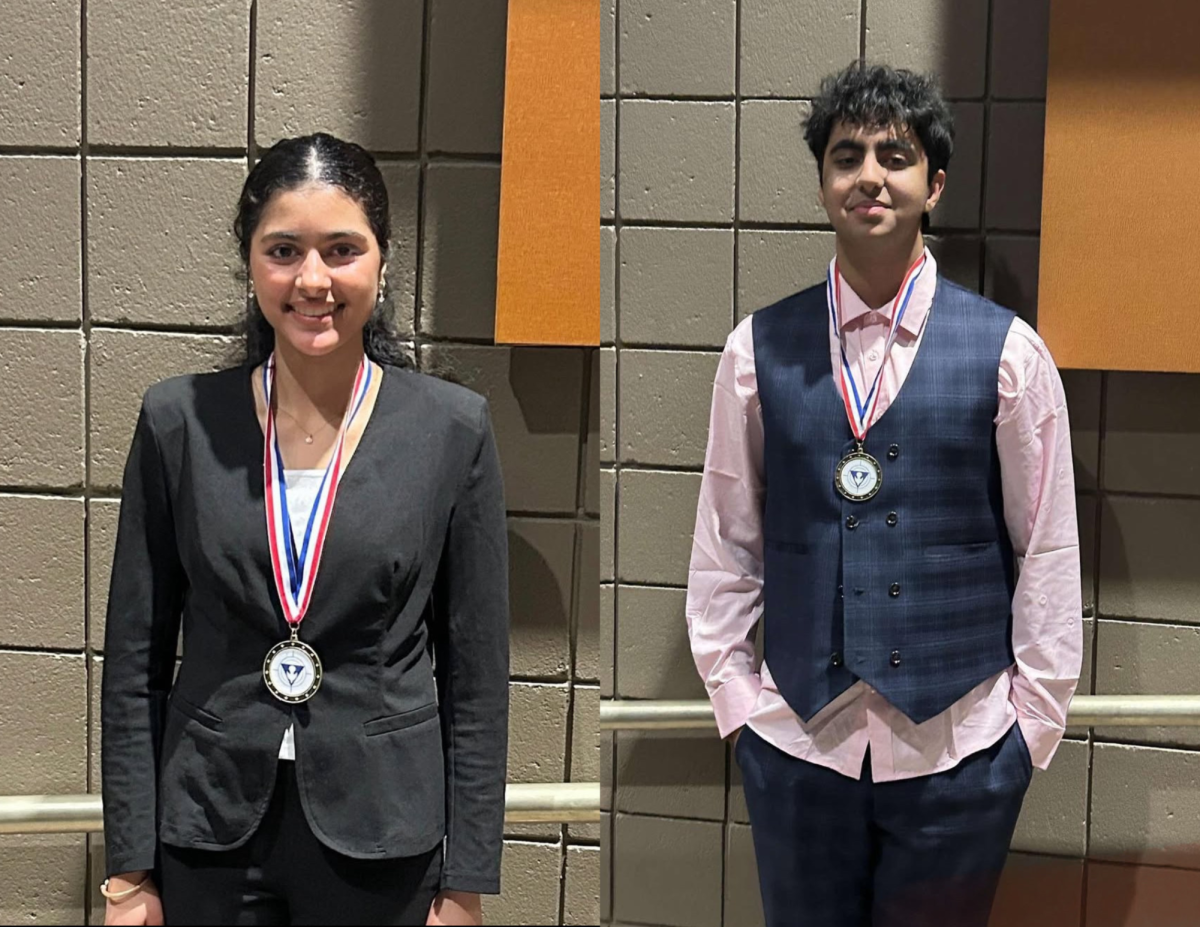
Despite the results of the 2012 Presidential Election and the Massachusetts Senate — with both Democratic candidates taking the win — the majority of Walpole residents voted for the Mitt Romney/Paul Ryan duo as well as the incumbent Republican senator, Scott Brown.
As for the 3 statewide questions on the ballot, Walpole residents voted yes for questions 1 and 3, and voted no for question 2-exactly the same as the overall state results.
The voter turnout was relatively high this election, with over 80 per cent of the town heading out to the polls. About 53 percent (7,456 votes) of the voter population voted for the Republican Presidential candidate, Mitt Romney. The Obama supporters were not too far behind this number — 6,360 votes supported the newly reelected president. For the two senatorial candidates, an overwhelming amount of Walpolians put their vote in for Scott Brown while only 36 per cent voted for the overall winner, Elizabeth Warren.
For being one of the more conservative towns in Massachusetts, many Walpole voters saw Romney and Brown as the more favorable candidates — with almost 9,000 votes going for Brown and almost 8,000 going for Romney. Many of the young voters, especially a handful of high school seniors, were excited to vote in this monumental election. For many, this was their first experience at the polls.
Senior at Walpole High, Krissy Jankowski said, “I voted for Scott Brown because he’s bipartisan unlike Elizabeth Warren.”
Another conservative senior, Jen McDonald voted for Mitt Romney because she said, “Obama dwells too much on the middle class and minorities. They need to be addressed, but not to that extent. Romney could present a new fresh opinion to the economy.”
While many young voters tend to vote the same as their parents, others do not.
Another first-time voter, Frankie Nardelli said, “I voted for Obama even though my parents and most of the town voted Romney. I think Obama doesn’t get enough credit for what he did the past four years.”
Even though her candidate lost, Jankowski added “Although Romney wasn’t elected for president I’m not too disappointed because I think Obama will still do the best he can and I honestly think he can only go up from here.”
Question 1, the Right to Repair, was voted yes by a vast majority of people-88 per cent voted yes, while a mere 12 per cent voted no.
The new law requires automakers to provide independent repair shops as well as dealers with easy access to the computer codes needed to diagnose complex car problems for young voters. The popular argument behind the law is that it is typically easier for citizens to go to a near-by mechanic instead of the original dealership for car problems.
First time voter Amber Walsh said, “I voted yes on [Question 1]. I don’t have much reasoning other than that I support local auto body shops and would like to see them prosper.” Question 1 had the biggest gap between yes votes (10,868) and no votes (1,498) out of all the ballot questions.
As predicted Question 2, Physician Assisted Suicide, was the most controversial question of them all. It was the only one voted down by Walpolians, and ultimately by the entire state as well. The law was voted down by 55 percent of this town’s voter population; 44 percent voted yes for the “Death with Dignity” to pass.
Religious beliefs tended to strongly oppose this law for many devout Christians believe that God should dictate when one dies. McDonald said, “I voted no on assisted suicide, for both my religious beliefs and for the reason that sometimes doctors are wrong, sometimes your body can fight longer then expected.”
Personal experiences could easily sway a person’s vote for this question as well. For many, it wasn’t religious beliefs that made them vote no, it was the way the proposed law was written. The circumstances around the lethal medication raised confusion and questions among Massachusetts’s voters.
Walsh said, “Although I am religious, I tend to be pretty socially liberal, but I had to vote no on this one because I did not like the way the policy was written.”
For the 44 per cent who voted yes for Question 2, their main argument is for people to have the right to choose when they die if they are of course terminally ill and meet all the criteria. Nardelli said, “I didn’t really know much about it, but I think if someone is terminally ill in a hospital and has only a few months to live they should be able to end their suffering earlier than intended.”
Considering the confusion over the issue, this will most likey be brought up again.
The 3rd Question regarding Medical Marijuana passed, like Question 1, by Walpole voters. In Walpole, 55 per cent voted yes for the use of this drug medically, where 45 per cent voted no.
Another controversial question, Medical Marijuana was ultimately passed by the majority of Massachusetts’s voters as a whole. The measure was proposed by petition and called patients to possess up to a 60-day supply of marijuana for personal medical use if they met specific qualifications.
Walpole High senior Mary Cuddy said, “I voted yes because it really can help people ease and forget about their pain.” Many supporters of the law know Marijuana is not a risk free drug, but see it as far less harmful then other drugs like alcohol and tobacco.
Walpolians who voted no on Question 3 think the risks outweigh the benefits in some cases. For someone who voted no on this question, Jankowski said “I don’t think there’s anything wrong with the way our laws were before. Regardless of the precautions we take I think it could cause a lot of damage.”
Even though many Walpole voters might not have gotten the results they hoped for in terms of candidates, the voter turnout for the 2012 Presidential Election was very high, and many young voters were eager to get registered and educated about the issues on hand so they could share their opinions when they arrived at the polls.







